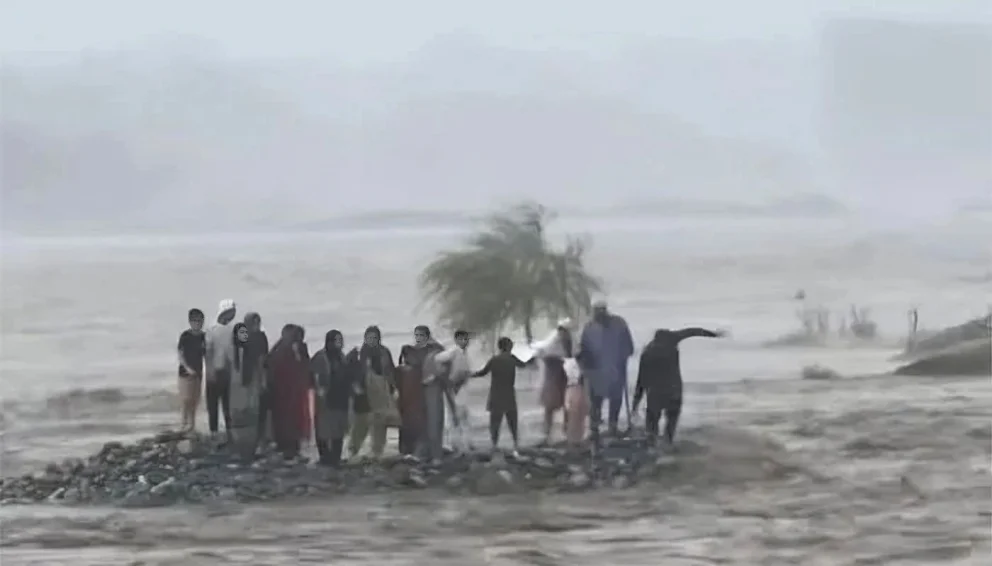Islamabad, July 7, 2025: In the wake of the heartbreaking Swat River tragedy that claimed 12 lives, authorities have taken a decisive step to prevent similar incidents in the future. An advanced early warning system will soon be installed along key points of the river.
Commissioner Malakand Division, Abid Wazir, submitted a detailed report to the inquiry committee investigating the incident. He emphasized that tourism safety needs a structural shift, recommending that the Upper Swat Development Authority—not the Tehsil Municipal Administration—should oversee tourism zones due to its greater capacity to manage high-risk areas.
Highlighting future safeguards, the commissioner revealed that coordination is underway with the Ghulam Ishaq Khan Institute (GIKI) and WWF to deploy a modern system that detects sudden surges in rivers and streams. These efforts aim to provide real-time alerts and enhance public safety amid increasing tourist activity in the region.
Regarding the June 27 incident, Wazir confirmed that intense rainfall caused the river’s flow to spike dramatically—reaching over 77,700 cusecs near Khwazakhela. Despite warnings from a hotel security guard, tourists accessed the river through an unguarded route behind the hotel. Shortly after they entered the water, the level surged rapidly.
An emergency call was placed at 9:45 AM, with rescue teams reaching the site by 10:05 AM. Of the 17 trapped tourists, four were saved in time. The commissioner noted that multiple weather alerts had already been issued, and all departments were on high alert due to flood forecasts.
Read More: Rupee Hits 290 vs US Dollar in Open Market
This swift response to the Swat River disaster signals a crucial shift in tourism management and disaster preparedness in Khyber Pakhtunkhwa, aiming to balance safety with the region’s growing appeal to visitors.









